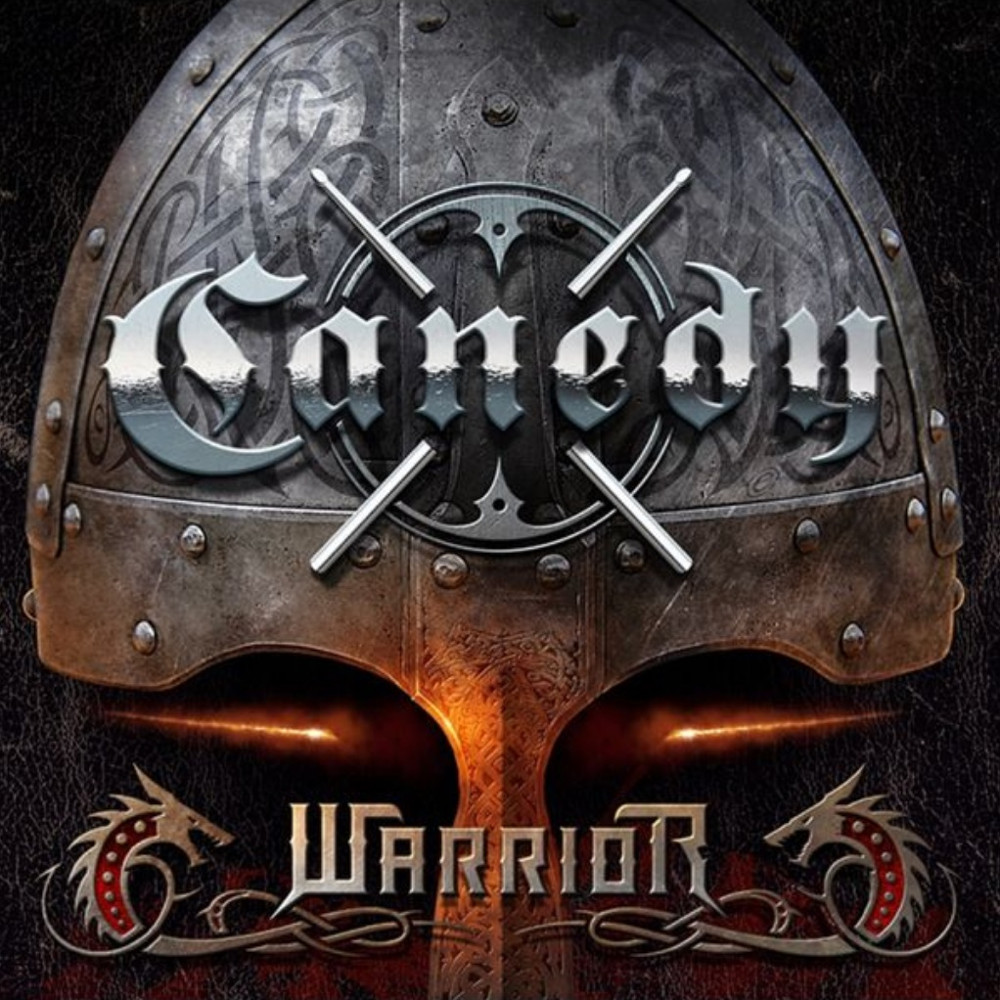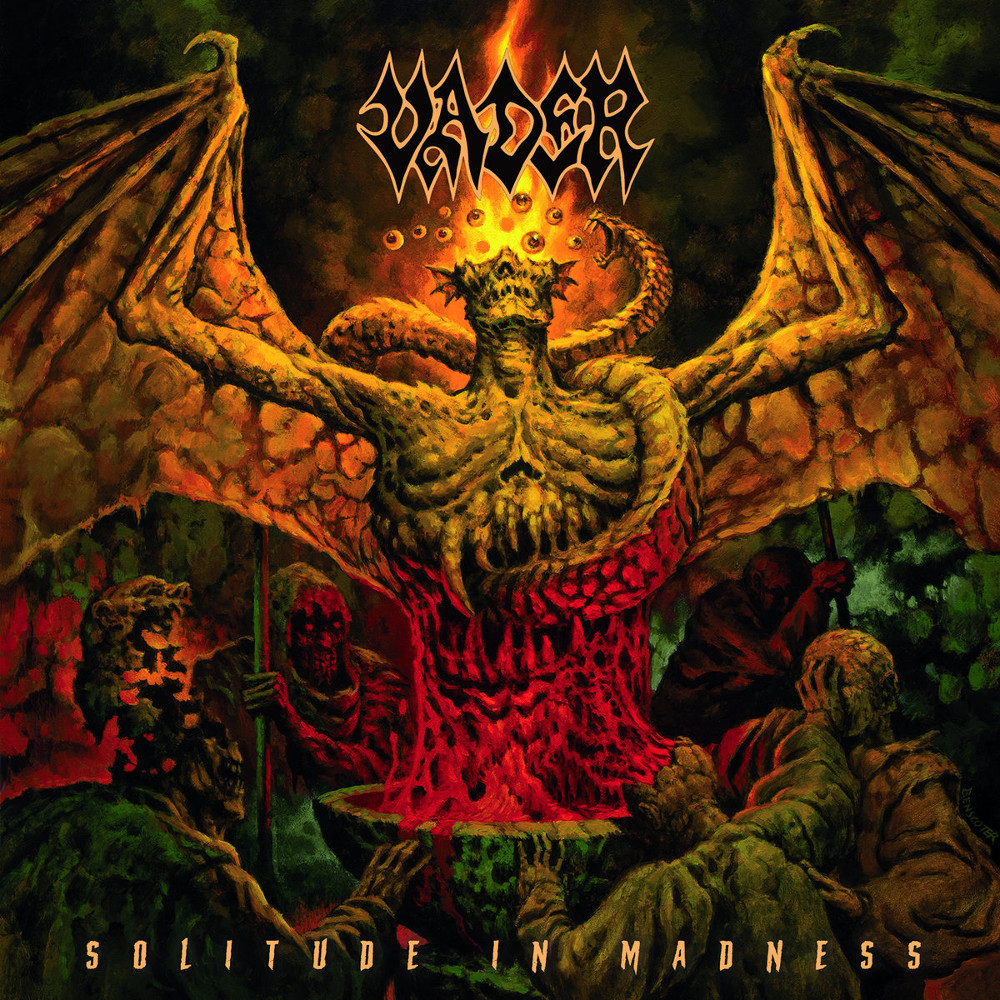 |
Country: UK
Style: Melodic Rock
Rating: 7/10
Release Date: 22 May 2020
Sites: Facebook | Instagram | Official Website | Twitter | YouTube
I remember FM from the mid eighties, but not incredibly well. I liked songs like That Girl, which opened their debut album and which was covered by no less a name than Iron Maiden. However, it was 1986 and I was caught up in a golden year, arguably the golden year for thrash metal. In the wake of a gamechanger like Master of Puppets and two blinks away from Reign in Blood, suddenly FM seemed like something my sister the a-ha fan would listen to and I drifted away into the pit.
Of course, they did what they did incredibly well and, with the exception of one decade long hiatus at the turn of the millennium, they've kept on doing it ever since. This looks like their twelfth studio album and their seventh with a consistent line-up. If you haven't heard FM before, they play on the soft side of the melodic rock spectrum, firmly rooted in the radio-friendly melodies of American AOR but with a decent side of soul. This is a band who have covered Marvin Gaye's I Heard It Through the Grapevine and done it well enough to count.
For the former, check out the title track that opens up the album. It's so quintessentially AOR that, if they played it now on your local classic rock station, you'd argue with your wife all the way through it about who it is because it sounds so damn familiar but you can't quite place who did it. Did the Eagles cover it? It was great, whoever it was! And then the DJ will tell you it's a new FM song and you'll think, "Who?" but hopefully go out and buy this album because it's worthy.
For the latter, go for Best of Times, which amps up the soul side. It sounds absolutely like a modern white rock band covering a seventies soul standard, but I'd be surprised if it isn't another new song. To be fair, they nail the soul sound well, unlike so many wannabe stars nowadays. Pray starts out like full blown soul, like an evangelical church service in Alabama. Scream Amen for me, Long Beach! It goes for a bluesy vibe after that but rocks hard too. It's a good mix.
This is another generous album, running only a few seconds short of an hour, and there are twelve songs on offer to choose from. What's more, all of them are good ones, to some degree or other. That means plenty of clean cut AOR tunes, many of them feeling like they jumped through a portal in time from 1982. Just check out Walk Through the Fire, with its keyboards, clap samples and heartfelt vocals. It's a rock song but it would play to a pop audience, shorn as it is the guitar that decorates many of its peers, at least until a couple of brief solos late in the song.
This is always rock music, but it walks on the boundaries of a lot of other genres. Most obviously, there's the boundary with soul that's overt on Best of Times, Pray and Angels Cried. There's the boundary with pop that's there on Walk Through the Fire and Ghosts of You and I. There's even the boundary with modern country music, which it never quite crosses but hints that it'll do so often. After all, the Eagles are a country music template now.
My biggest surprise, though, is how quintessentially American this feels. I remember FM as being a British version of American AOR, doing all the same things but with enough of a British accent that they were always a British band rather than American one. Now, they've lost their British accents, as is obvious on songs like Angels Cried. American classic rock radio seems to be a thoroughly American affair but half the bands are actually British and the audience never rumbled that they're not locals. FM sound exactly like a British band who Americans think is American.
I liked this, but then it's really difficult music not to like. Maybe if I'd heard Synchronized or Broken all summer long on heavy rotation, I'd want to write to the station and have them switch in Bryan Adams or the Cutting Crew or someone instead. Right now, after a few listens through, this just sounds like decent AOR of the most radio-friendly type and, on occasion, like with Synchronized, excellent AOR of the most radio-friendly type. You'd do a lot worse in 2020 than turning your dial to FM.



















